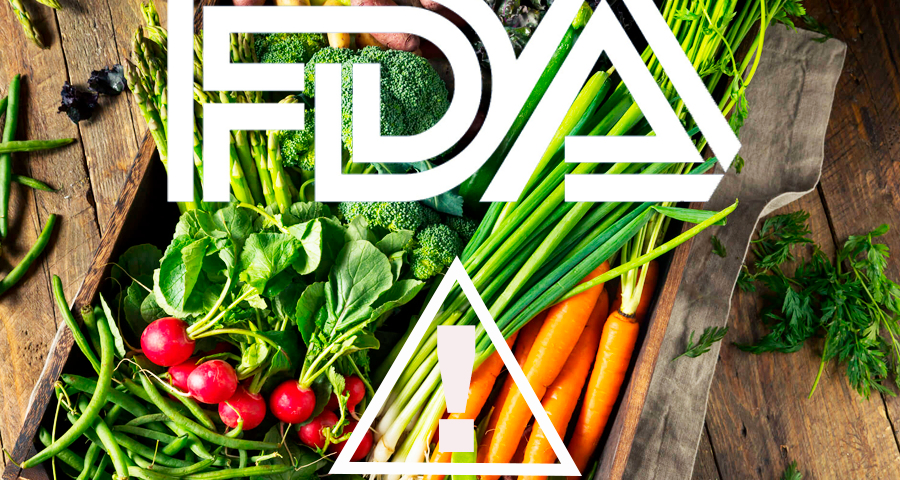FDA to Publish a List of ‘High-Risk’ Foods

In a recent settlement with the Center for Food Safety (CFS), FDA has agreed to designate high-risk foods by September 2020 and establish reporting requirements for those foods by November 2022. The CFS sued the agency last fall, citing that FDA failed to meet deadlines mandated in the 2011 Food Safety Modernization Act (FSMA). “We’re optimistic that FDA will meet the 2020 deadline,” says CFS attorney Ryan Talbott. “The agency has already had seven years since the passage of FSMA to designate high-risk foods and establish recordkeeping requirements for those foods. Now, FDA is under a court-ordered consent decree to take these actions so it certainly provides more incentive for the agency to get the job done.”
“Without FDA fulfilling its duties under the law, FSMA is an empty vessel and the increased food safety mandated by Congress will go unrealized,” says Talbott. The FSMA, which intends to create a food safety system that prevents foodborne illness outbreaks rather than just react to them, is based on seven foundational rules.
“From a public health standpoint, it made sense to prioritize these rulemakings given that we have limited resources for regulation development,” says an FDA spokesperson. Since its passage, the agency initiated two product-tracing pilot projects in 2011, released the findings of the pilots in 2013, and issued a report to congress in 2016. Also, in February 2014 FDA issued a Federal Register notice to solicit comments on its draft approach for developing a list of high-risk foods, and is still in the process of finalizing the approach.
While the settlement is seen as a step in the right direction to prevent or better control such outbreaks, some food safety advocacy groups don’t think the FSMA goes far enough. “In particular, the rule prohibits FDA from requiring swift farm-to-fork traceability, which is what is really needed for the agency to quickly understand the source of these outbreaks,” says Sarah Sorscher, deputy director of regulatory affairs, the Center for Science in the Public Interest. “It may be that ultimately the only way to fix this problem is for Congress to take action.”
Source: https://www.foodqualityandsafety.com


